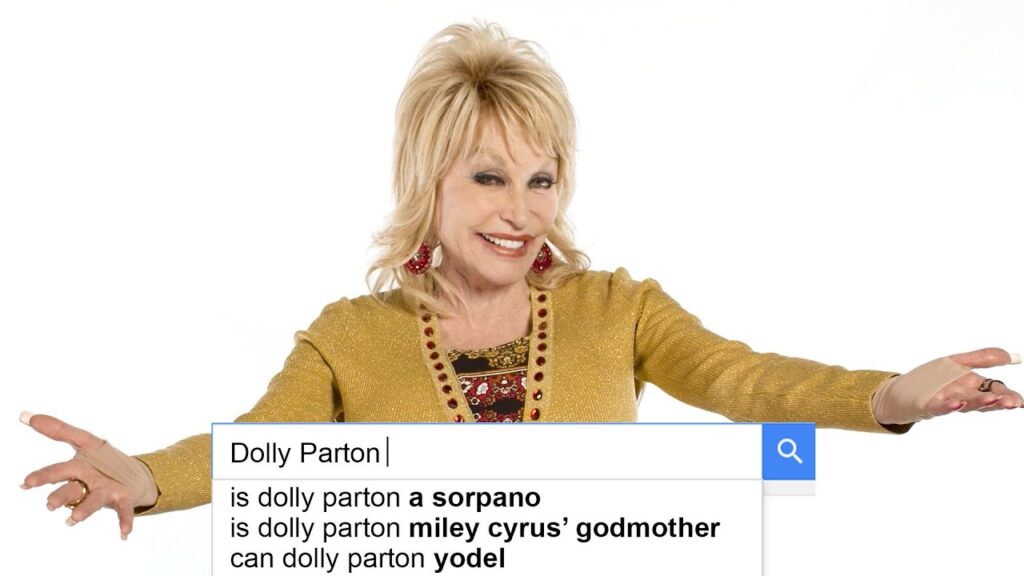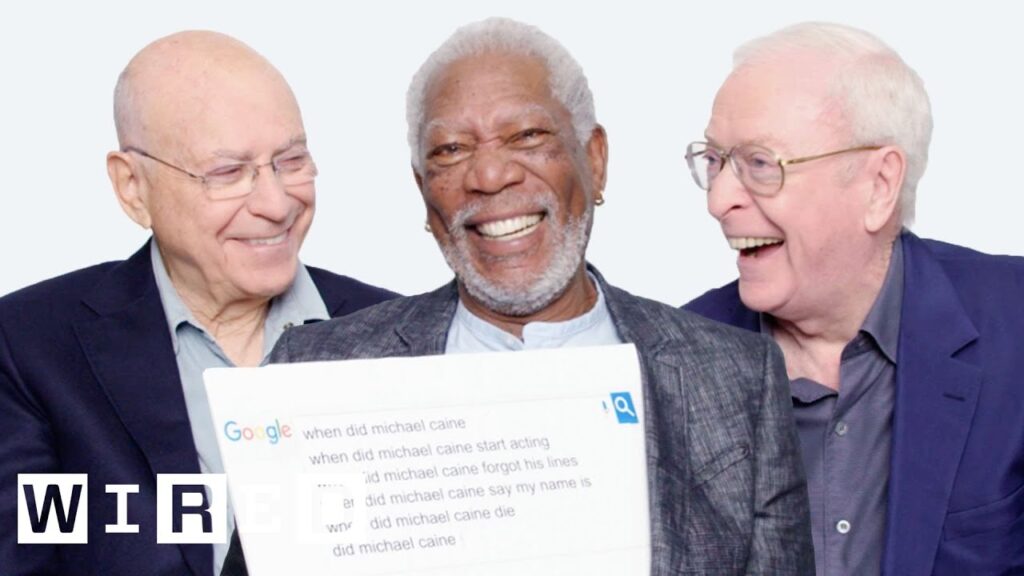The Importance of Medical Interpreting in Healthcare Settings
Summary
In this article, we discuss the importance of medical interpreting in healthcare settings. We highlight a scene where a deaf patient is not provided with an interpreter and the healthcare provider is relying on the patient’s friend to interpret sign language. We emphasize the need for trained medical interpreters and caution against using friends or family members to help patients understand medical information.
Table of Contents
- The Consequences of Not Having an Interpreter
- The Role of Medical Interpreters
- The Importance of Proper Training
- Conclusion
The Consequences of Not Having an Interpreter
In the scene we observed, a deaf patient was not provided with an interpreter, and the healthcare provider was relying on the patient’s friend to interpret sign language. This is a concerning situation as the patient is not receiving proper medical information, and the healthcare provider is not able to communicate effectively with the patient. This can lead to misunderstandings, misdiagnosis, and ultimately, poor health outcomes.
The Role of Medical Interpreters
Medical interpreting is a specialized field that requires proper training and certification. Medical interpreters are trained to facilitate communication between healthcare providers and patients who speak different languages or who are deaf or hard of hearing. They play a crucial role in ensuring that patients receive accurate medical information and that healthcare providers are able to understand and respond to patients’ needs.
The Importance of Proper Training
Medical interpreting is not just about translating words from one language to another. It requires a deep understanding of medical terminology, cultural differences, and the ability to convey complex medical information accurately. Proper training for medical interpreters includes not only language proficiency but also knowledge of medical ethics, patient confidentiality, and the ability to navigate challenging situations.
Conclusion
In conclusion, the use of trained medical interpreters is essential in healthcare settings to ensure that patients receive accurate medical information and that healthcare providers are able to communicate effectively with patients. Relying on friends or family members to interpret medical information is not a viable solution and can lead to serious consequences. It is important for healthcare providers to recognize the importance of medical interpreting and to provide proper training and resources to ensure that patients receive the best possible care.







